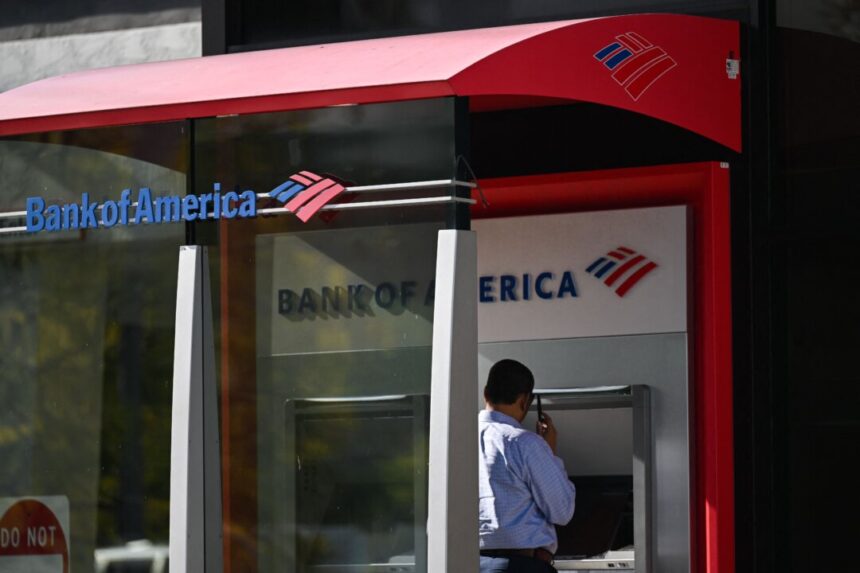Commentary
Several economic indicators are signaling a potential recession in California. Unlike the brief 2020 recession, which ended quickly with the lifting of COVID-19 restrictions, this downturn appears to be more structural in nature. Here are some key indicators:
1. Allen Buchanan, a principal at Lee & Associates Commercial Real Estate Services in Orange, has noted price reductions for logistics buildings, which serve as distribution hubs for retailers like Amazon. The decrease in demand suggests slowing sales to consumers. Buchanan wrote on June 8 that these buildings, once in high demand, are now sitting empty for months, with lower rental prices than in previous years.
2. The U.S. Bureau of Labor Statistics reported a drop in job openings in California from 853,000 in February to 734,000 in March. The percentage of job openings relative to employment also decreased, indicating a potential slowdown in hiring.
3. Rubio’s announced the closure of 48 restaurants in California, citing underperformance in the current business climate. This decision may be linked to the state’s AB 1228 law, which raised the minimum wage to $20 an hour, leading to operational challenges for businesses.
4. The California Business and Industrial Alliance estimated that nearly 10,000 fast-food workers have been let go due to AB 1228, a controversial fast-food minimum wage law.
5. Blaze Pizza relocated its headquarters from Pasadena to Atlanta to benefit from lower corporate tax rates, reflecting a broader trend of businesses migrating to more economically favorable states.
The Tax Foundation highlighted California’s high corporate and income tax rates compared to states like Georgia, which offer lower tax burdens for businesses and individuals.
Overall, California’s economic challenges, coupled with budget deficits and rising costs, are raising concerns about the state’s financial stability. As other states implement tax cuts and business-friendly policies, California may face increased pressure to remain competitive in the evolving economic landscape.
In the midst of the economic downturn in 2010, California faced a staggering average unemployment rate of 12.4 percent, significantly surpassing the national rate of 9.6 percent. This spike followed a substantial tax hike of $13 billion implemented in 2009 by Governor Arnold Schwarzenegger. As the possibility of a new recession looms on the horizon, the impact could be equally severe. Please note that the opinions expressed in this article are solely those of the author and may not necessarily align with the views of The Epoch Times.
Source link






